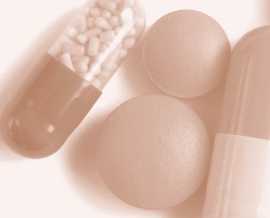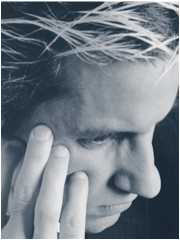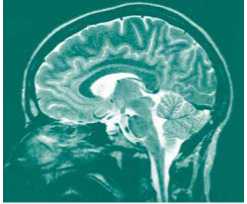
Beyond Diagnosis
The National Depressive and Manic-Depressive Association (National DMDA), a patient advocacy organization, calls upon the primary care community to move beyond the diagnosis of depression and increase patient involvement to improve the quality of care for people being treated for depression in the primary care setting. […]







